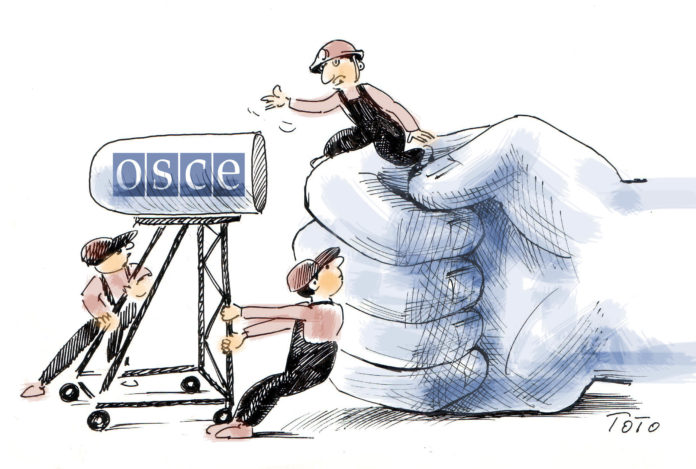After 44 days of intensive warfare, exacting tremendous human as well as territorial losses, finally a tenuous peace has been restored in Armenia and Karabakh.
Peacetime recovery for Armenia is as perilous as the war had been. There is a shattered army at hand, incapable of protecting the borders, economic collapse and unbearable human misery.
The first priority should be for grieving families to recover the remains of their loved ones to have a chance for closure.
Azerbaijan is dragging its feet regarding the return of bodies as well as prisoners of war to cause more grief for the families.
The political impact of this devastating defeat is more than Armenian society can sustain at the moment, as it is combined with the ravages of COVID-19.
Questions are abuzz about whether the war could have been avoided or if Prime Minister Nikol Pashinyan is capable of steering the country toward a road to recovery, after proving his incompetence.










